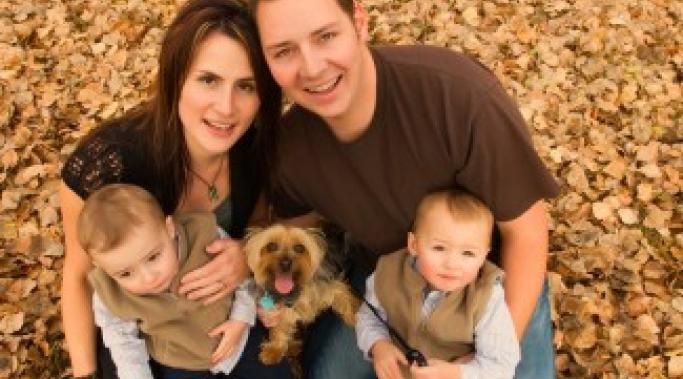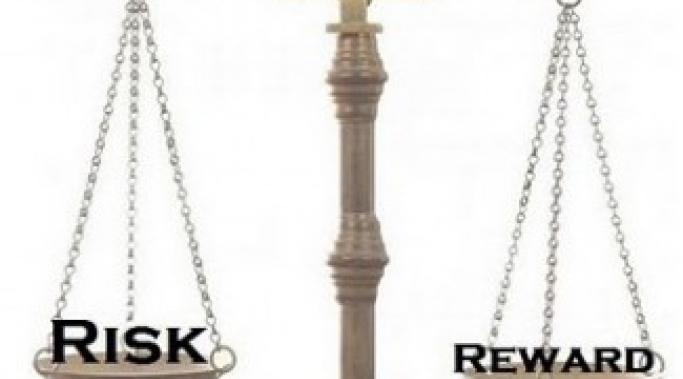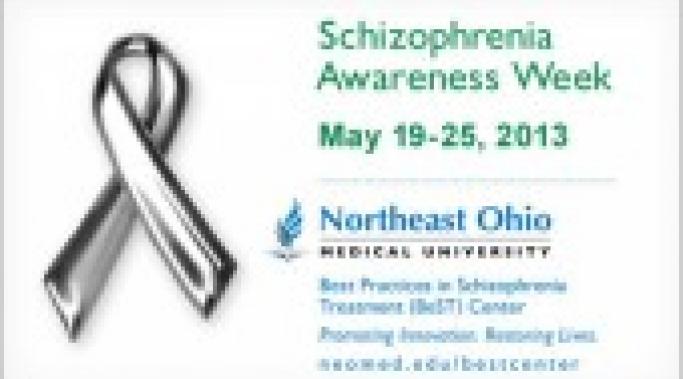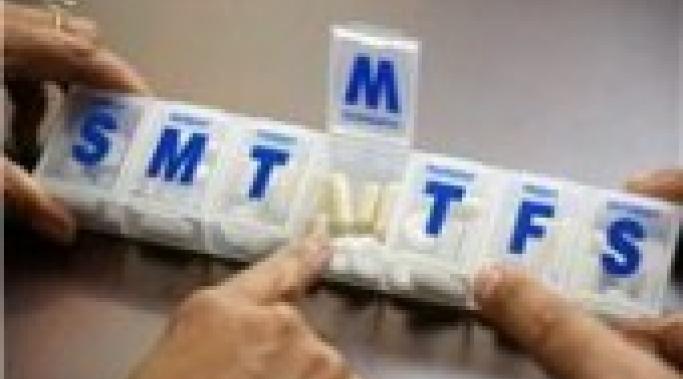Before I had my babies, I imagined that I would be the perfect stay-at-home mom, and despite being a parent with a mental illness (bipolar 1 disorder), I thought I could keep everything normal. I planned to arrange play dates, work out, make all of my family’s food from scratch, keep the house clean and decorated, while still reserving enough energy for some saucy romance with my husband. My kids deserved to have a normal childhood, no matter how crazy their bipolar mother was. I was determined to not allow my bipolar disorder to interfere with my mothering.
Recovery in Mental Illness
Two things happened last month that stirred me to revisit an often-examined question:
Am I too involved in my adult son's life (Ben has schizophrenia.)? Have I "stolen his manhood and his rights" by insisting on treatment for his schizophrenia?
One reminder came in the form of a reader's book review on Amazon.com for Ben Behind His Voices, calling it a "Testament to Abuse of Power and Parental Authority," the only one-star review in a sea of 5-star praise and gratitude. Clearly, a man with an agenda, so I didn't take it too personally, but this is not the first time I've been called an over-involved parent. On the other hand, I've also been criticized by others for not "stopping" Ben from dropping out of high school, for "allowing" my son a period of homelessness in Idaho and "letting him fail" when he gained and then lost five different jobs after he returned.
If our story of schizophrenia hitting a family were made into a movie, here is where it might end: on the hopeful note of some dreams having come true, after challenges and crises too numerous to count. My adult son, Ben, is stable, taking his medication, able to participate in family functions, and actually working part-time as - of all things - a server in a restaurant where customers come in and ask to be seated in his section.
First of all, I want to welcome my co-blogger and fellow "accidental mental health advocate" Chrisa Hickey. As you may have noticed, it has been awhile since my last post. There have been many circumstances (travels and crises) contributing to my blog-silence, so I'm thrilled to be now sharing this platform with Chrisa. Welcome!
I'm happy to report some more progress for Ben. His life with schizophrenia is inching closer to "normal" - as long as he remains medically stable (yes, for us that means staying on his meds and avoiding alcoholic drinks). I strongly believe that with structure, purpose and community, improvement can build in schizophrenia recovery.
Sure, we have to adjust the timetable (no comparisons with other 31-year-olds please), but the "baseline" can move up.
In the book Silver Linings Playbook (just finished listening to the audiobook version, highly recommended), Pat Peebles believes in silver linings as he watches the "movie of his life." Despite four years in "the bad place"(i.e. mental health facility) for reasons he cannot recall, despite a reluctance to take the meds that are helping to stabilize him, and despite the lessons that reveal to him that happy endings are not always guaranteed, he persists in optimism (“If clouds are blocking the sun, there will always be a silver lining that reminds me to keep on trying”) through a great deal of emotional pain as life continues to throw lessons of reality in his path.
Like a film of cloudiness that filters the sunlight on a hazy day, my son Ben’s schizophrenia obscures some of the qualities that make him so dear. Without schizophrenia treatment, his abilities to connect, care, feel joy and share love seem almost impossible to see. With treatment, they are closer to the surface – but the 25% of him that is still obscured is sometimes heartbreaking, no matter how grateful we are that he is functional and mostly present. The presence of these clouds is lighter then, more like a haze than the thick formations when he is fully symptomatic. Still, Ben’s best qualities often seem dulled by that haze -and I miss the open, joyful child I used to know.
But sometimes, even the haze breaks – for an amazing moment – and I get a visit from Ben’s best self. Yesterday, I got a glimpse of his empathy, one of the qualities that get obscured as a negative symptom of schizophrenia.
It happened because of a tin of lip balm and it gave me a moment of joy and hope.
Why We Must Keep Developing New Schizophrenia Treatments
Latest from Perez Hilton, the National Enquirer and other gossip (oh, excuse me, entertainment news) sites: "Is Amanda Bynes Schizophrenic?"
Ignoring for the moment how much we hate that term "schizophrenic", let's get to the heart of the reported issue.
Amanda is not doing well, and her parents are worried.
How well I know the feeling.
Contrary to the popular saying, you don't have to be careful what you wish for. Wishes are dreams, and it's nice to dream. However, do be careful about what you expect. Unrealistic expectations can be the root of unhappiness with the reality of your life.
My son, Ben, who lives with paranoid schizophrenia, used to seem lost to us almost completely...maybe 20% of him was occasionally glimpsed by us behind his symptoms. Now, with treatment for schizophrenia, he is back with us - about 65-75%. Depends on the day. But I'll take it.
The past few weeks have been a whirlwind of wonderful interaction with people in treatment for mental illness and those who are part of their community of recovery. I will write more about the stories, struggles and solutions I've heard in Louisiana, Michigan, Tennessee, and (soon) Ohio, but right now I want to share the wonderful list from the BeST (Best Practices in Schizophrenia Treatment) Center at the Northeast Ohio Medical University. I'll be meeting some families there on Thursday before I provide the keynote for NAMI Summit County's Annual Dinner, and I can't wait.
Meanwhile, I found this list of tips on their website, and it's a great summary of some of the tips you can find here on HealthyPlace.com. As Schizophrenia Awareness week approaches, families need all the tips we can get - and to know we are not alone in this fight to aid awareness and advocate.
Early Detection is important in schizophrenia, and the more families and practitioners I meet, the more I am convinced that "Early education and support" matters a great deal for families, so they can become prepared to help as best they can. Otherwise, the confusion and frustration can result in families who end up just giving in to the frustration. So, in that spirit and with thanks, I share this list.
So, maybe I was wrong. Sometimes you just don't know.
Yesterday Ben seemed a little bit off. We know the signs. He tries too hard to be "sociable"...like asking "how was your day?" three times in the space of ten minutes. His smile seems too forced, his attention to some tasks too focused. He seems to be mumbling under his breath to - to whom? When I ask, he tells me he's just thinking about a song.
Insert sigh here. What might come next? And what can I do?
Meds, or Mood?
In the past, moods like this were usually precursors to worsening symptoms, and a sign that Ben was off his medications. But now...now we ourselves supervise the twice-daily regime, and Ben has been remarkably relapse-free for over 18 months.
Still - something's up. Something is not right. But what? And why?








